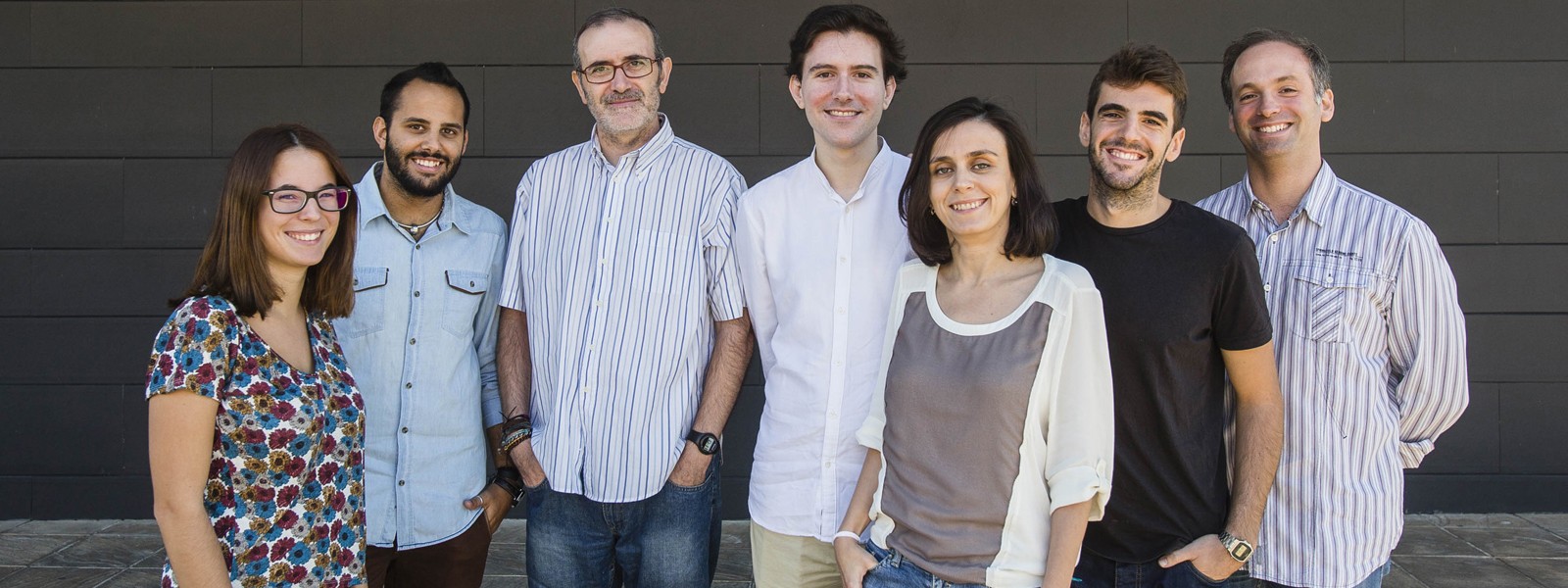DIRECTOR
RESEARCH TEAM
Juan José Marín López, Universidad de Sevilla; José Manuel García Heredia; Sandra Muñoz Galván; Marco Pérez; Blanca Felipe Abrio; Eva María Verdugo Sivianes and Manuel Pedro Jiménez-García, Instituto de Biomedicina de Sevilla; and Purificación Estévez García, Hospital Universitario Virgen del Rocío.
COLLABORATING INSTITUTIONS
DESCRIPTION
Hypoxia, a characteristic feature of locally advanced solid tumors, has emerged as an essential factor of the tumor physiology since it can promote tumor initiation, progression and resistance to therapy.
Beyond its role in neovascularisation as a mechanism for tumor adaptation to nutrients and oxygen deprivation, hypoxia has been related to elongated lifespan and immortalization, changes in the metabolism, stem cell proliferative deregulation and inflammation among other tumor hallmarks.
This means that hypoxia may contribute to cancer through several independent pathways, and the inter-connexion of these contributions is not clear. Furthermore, the relevance of chronic hypoxemia in the development or progression of cancer has not been studied in deep in the whole organism.
Therefore, we aim to explore in deep the effects of hypoxia in initiation, progression and adaptation of the tumor cells to hypoxic conditions and how, chronic physiological hypoxemia in patients with deficit in oxygen intake might influence in the tumoriginesis process. We aim to tackle this problem in cells and in vivo mouse models.

